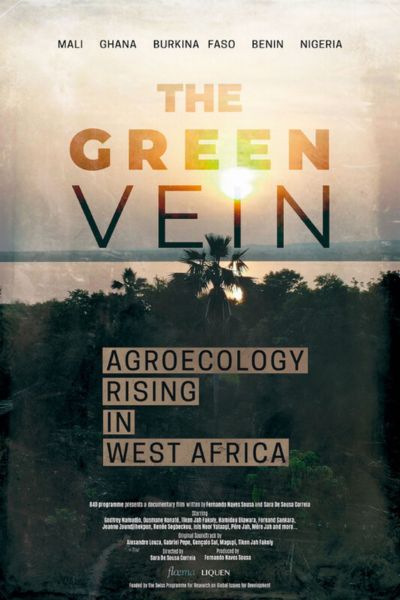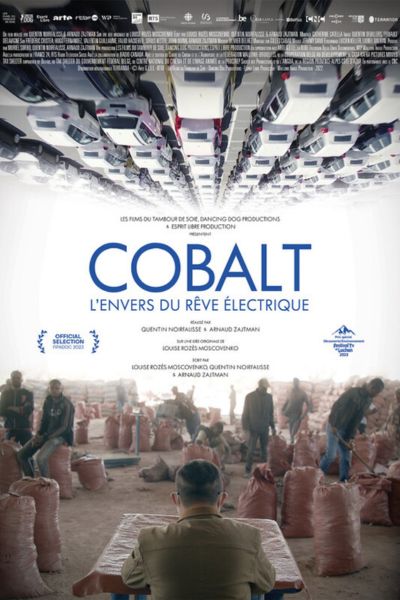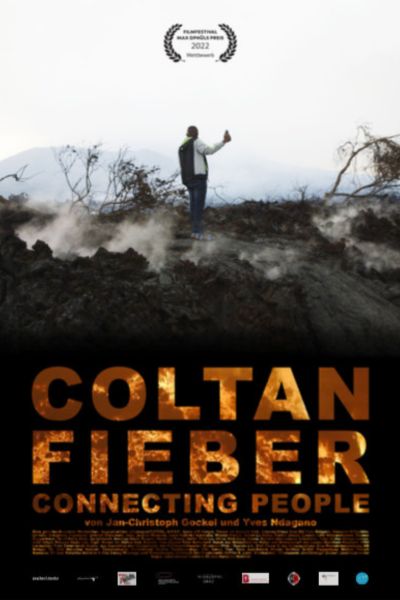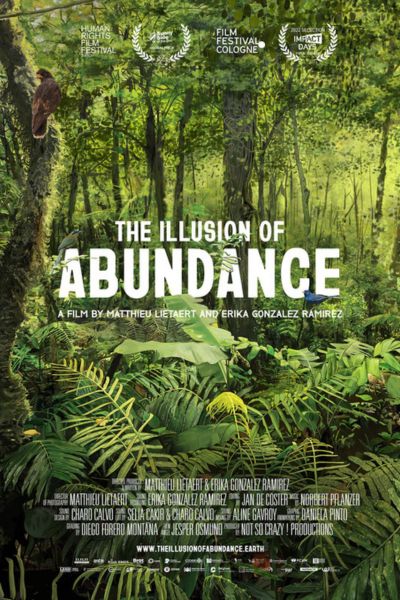Climate Emergency: Feedback Loops
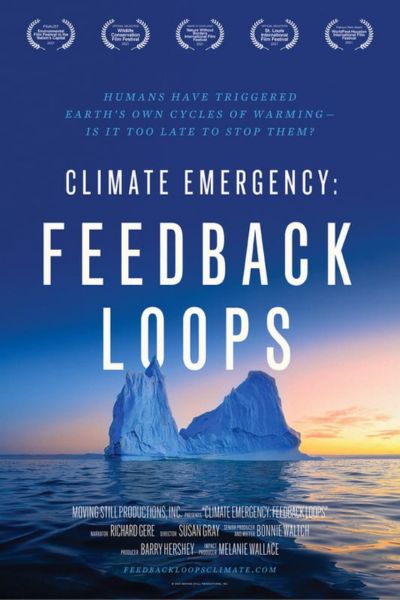
Title: Climate Emergency: Feedback Loops
Directed by
Susan Gray
Country: USA
Duration: 13 mins
SYNOPSIS
Subtitled in 32 languages and narrated by Richard Gere, Climate Emergency: Feedback Loops is a series of five short films, featuring twelve leading climate scientists, that explores how human-caused emissions are triggering nature’s own warming loops. We submit the five shorts to your festival (total 57:44) for screening of any or all of the films.
The film series had its official launch with the Dalai Lama, Greta Thunberg and world-renowned scientists in a webcast, “The Dalai Lama with Greta Thunberg and Leading Scientists: A Conversation on the Crisis of Climate Feedback Loops.” https://www.youtube.com/watch?v=u9GXgOMMeTg
While scientists stay up worrying about this most dangerous aspect of climate change, the public has little awareness or understanding of feedback loops. Climate change discussion at all levels of society largely leaves out the most critical dynamic of climate change itself. It is urgent we remedy this.
The first film in the series, Introduction (13:09), provides an overview of the feedback loop problem. The four other short films explore important climate feedback mechanisms: Forests (14:10), Permafrost (10:55), Atmosphere (8:45) and Albedo (10:35).
Greenhouse gases from fossil fuels, such as carbon dioxide and methane, are warming the planet. This warming is then setting in motion dozens of feedback mechanisms, which then feed upon themselves, as well as interact with each other and spiral further out of control. These processes are rapidly accelerating climate change.
An example of a climate feedback loop is the melting of the permafrost. In the Northern Hemisphere, permafrost makes up nearly 25% of the landmass. As heat-trapping emissions warm the Earth, this frozen tundra is melting. As it does, large amounts of carbon dioxide and methane are released, which further warm the planet, melting more permafrost in a self-perpetuating loop.
Human activity kicks off these feedback loops, but once set in motion, they become self-sustaining. The danger is that this process reaches a tipping point beyond which it is extremely difficult to recover. This is why it is urgent to reduce greenhouse gas emissions so we can slow, halt and even reverse these feedbacks and cool the planet.
Directors’ Bio

Susan Gray
Susan Gray is an award-winning documentary filmmaker whose films give voice to the major issues of our times addressing timely themes from racial, and environmental justice to politics and economics. Her films have appeared in festivals worldwide as well as on a range of television channels including PBS, National Geographic Channel, Animal Planet, Discovery Channel, The Learning Channel, Channel 4 UK, ARTE France/Germany, NHK/Japan and many more. Among her many awards she has received a Nomination for Outstanding Historical Emmy, the Adolph Grimme Award (the German Oscars, and won the best of INPUT (public television programming worldwide). She began her career in environmental politics working on water issues in California.
Director's Statement
When I began this project, I thought I knew about climate change. As I learned more over the course of the research and production, I realized I didn’t want to know. I had limited my understanding to only the superficial level of how people’s lives were being disrupted in faraway places. The actual science of what was happening to the planet beneath my feet was too scary to look at. Making these films forced me to look, to listen to the scientists, and confront the truth. As painful as it was to open my heart to the realization that the planet was teetering on a series of catastrophic tipping points, this knowledge allows me to make a conscious decision to be part of the solution or part of the problem. Hiding my head in the sand hadn’t stopped global warming. These five short films are a frank presentation of what scientists know about how the earth is warming the earth. After watching them, viewers can decide from a place of understanding what they want to do about a reality that is becoming harder and harder to ignore.
More films
The Green Vein
For centuries, the great empires of West Africa were fed by rivers like the Volta or the Niger – their blue veins
Cobalt Rush, The Future of Going Green
The world of tomorrow depends on a strategic mineral needed for batteries: cobalt, which is mainly found in the Congolese soil
Coltan Fieber
Yves Ndagano, a former child soldier and laborer, returns to the places where he was abducted at the time
The Illusion of Abundance
Despite a deeply unbalanced game, Maxima, Bertha and Carolina share a common goal: they are leading today’s environmental fight against modern corporate conquistadors.

